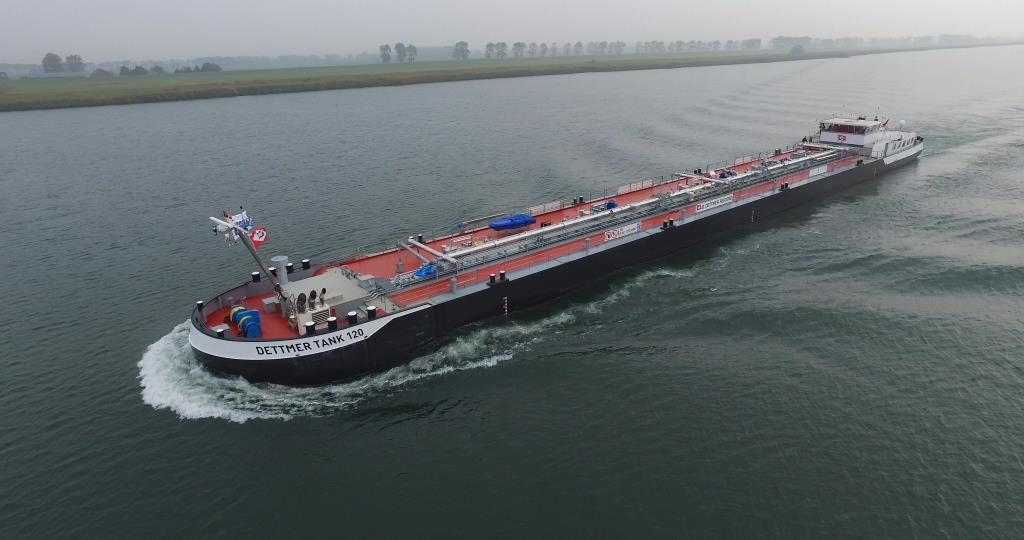View this content on EIN Presswire.
Cross-industry research finds key advantages for use of methanol in medium speed marine engines for passenger shipping

Much of the bunkering and transport infrastructure for Methanol already exists and can be extended further by adjustments to existing tanks and vessels.
BRUSSELS, BELGIUM, October 22, 2018 /EINPresswire.com/ — The Methanol Institute has welcomed the findings of the MethaShip research project which has concluded that renewable Methanol offers a long term solution for the industry’s ambitious carbon emission reduction strategy.
The MethaShip partners found that Methanol can offer a dramatic improvement in emissions reduction across multiple ship types once the IMO has established the statutory framework conditions necessary for an industry-wide reduction of CO2 emissions.
“The whole shipping sector is facing major challenges with ever stricter emission regulations for ships, paired with a growing environmental awareness among ship owners and passengers alike,” says MethaShip Project Leader Daniel Sahnen of MEYER WERFT. “Some technical and financial details still need to be clarified but in the medium term a breakthrough could be possible with Methanol as a fuel for a holistic reduction of CO2 emissions.”
The research project brought together partners from shipbuilding, classification, engine manufacturing and methanol production to investigate the potential of methanol as a fuel for cruise ships and RoRo passenger ferries. It included development of a potential cruiseship design featuring seven integrated storage tanks made of coated conventional mild steel.
“Methanol is a clear, water-soluble, biodegradable fluid and in contrast to other alternative fuels such as LNG, it offers the crucial advantage of being very easy to handle,” says Methanol Institute Chief Representative Europe Eelco Dekker. “In addition to its potential for long term emissions reduction, the easier storage and transport properties are a strong driver behind the growing interest in using methanol as a fuel for shipping.”
The MethaShip research project consortium consisted of the Flensburger Schiffbau-Gesellschaft, Lloyd’s Register, MEYER WERFT and associate partners Caterpillar, Helm AG and MAN Diesel & Turbo and was funded by the German Federal Ministry for Economic Affairs and Energy.
MethaShip’s key conclusions include:
• The properties of Methanol surpass other alternative fuels in shipping
• The major benefit is the storage at ambient temperature and ambient pressure without loss;
• In terms of ship design, Methanol is space-saving, simple and practical with the established advantages of a liquid fuel;
• Methanol offers compelling environmental properties and has the most promising lifecycle analysis when produced from renewable sources;
• An already widespread infrastructure and availability could be a key enabler for Methanol.
About MethaShip
A nationally-funded German research project, MethaShip drew on partners from shipbuilding, ship-safety, marine engines, methanol trading and production with the goal of examining the potential of methanol as a fuel for cruise ships and RoPax ferries.
About The Methanol Institute
First formed in 1989, the Methanol Institute (MI) serves as the trade association for the global methanol industry. MI represents the world’s leading methanol producers, distributors and technology companies from offices around the world. MI provides value to its members by ensuring safe handling of methanol and its derivatives, promoting methanol growth by furthering methanol as an essential chemical commodity and an emerging source of clean and renewable energy and influencing global regulatory and public policy initiatives that impact the methanol industry.
More information and documents: https://www.vsm.de/en/presseinformation/7818
Neville Smith
Mariner Communications
703-248-3636


